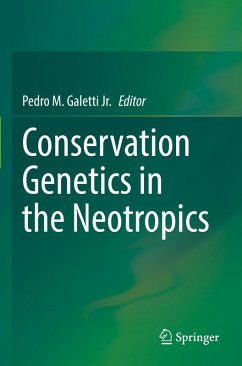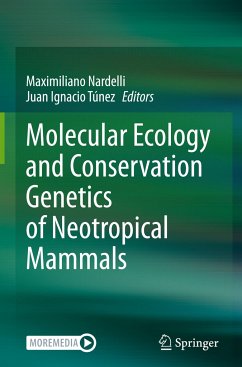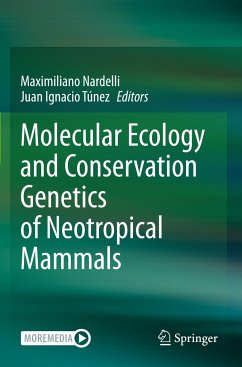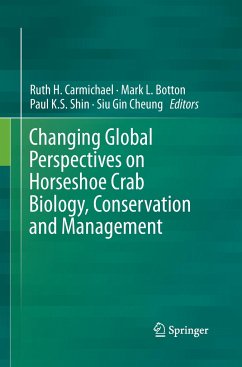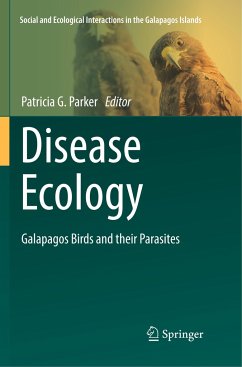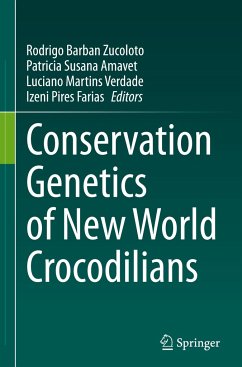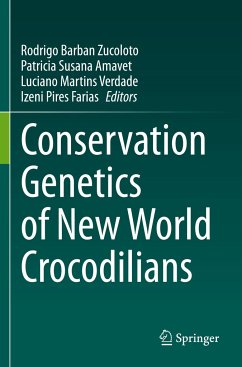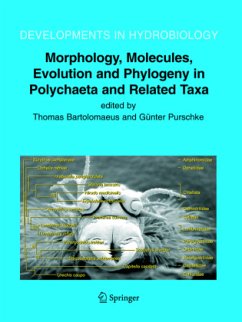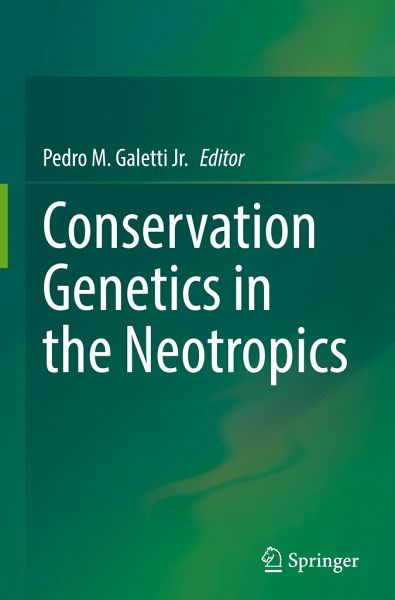
Conservation Genetics in the Neotropics

PAYBACK Punkte
106 °P sammeln!
This book explores how genetics and the new technologies in genomics have been used for conservation of plants and animals in the Neotropics. It shows the new perspective for conservation genetics beyond the use of theoretical and methods in genetics at species level and presents how genetics and genomics can be used for assessing communities. Conservation genetics and genomics are presented as a helpful field of study for resolving taxonomic uncertainties and hidden biodiversity, understanding populations and extinction risk, genetic management, wildlife forensic genetics, assessing biology a...
This book explores how genetics and the new technologies in genomics have been used for conservation of plants and animals in the Neotropics. It shows the new perspective for conservation genetics beyond the use of theoretical and methods in genetics at species level and presents how genetics and genomics can be used for assessing communities. Conservation genetics and genomics are presented as a helpful field of study for resolving taxonomic uncertainties and hidden biodiversity, understanding populations and extinction risk, genetic management, wildlife forensic genetics, assessing biology and molecular ecology, assessing communities, conservation genomics and the use of conservation biology and genetics in science learning, highlighting case studies in the Neotropics. Applications of conservation genetics for management or policy, decision making, planning, and implementation of conservation practice in the Neotropics are addressed across chapters. This book will interest to researchers and students in conservation genetics and biology conservation interested in the Neotropics. Stakeholders and decision makers in conservation biology may also find this book useful.



